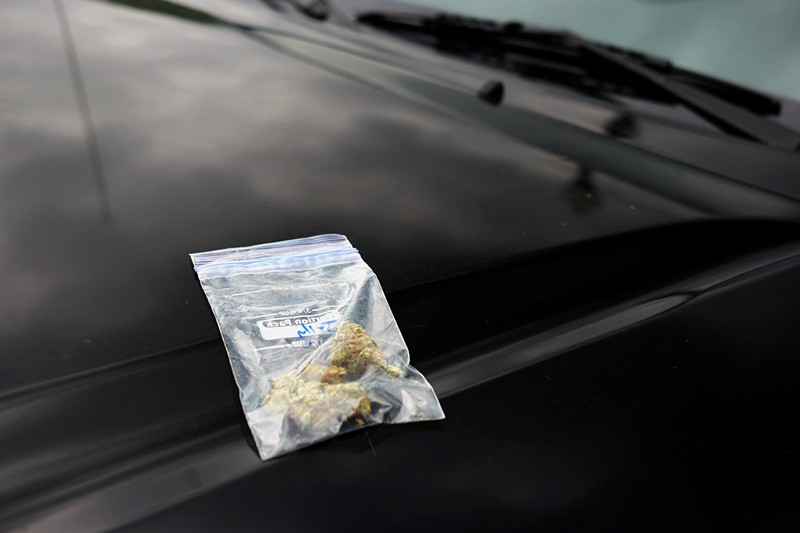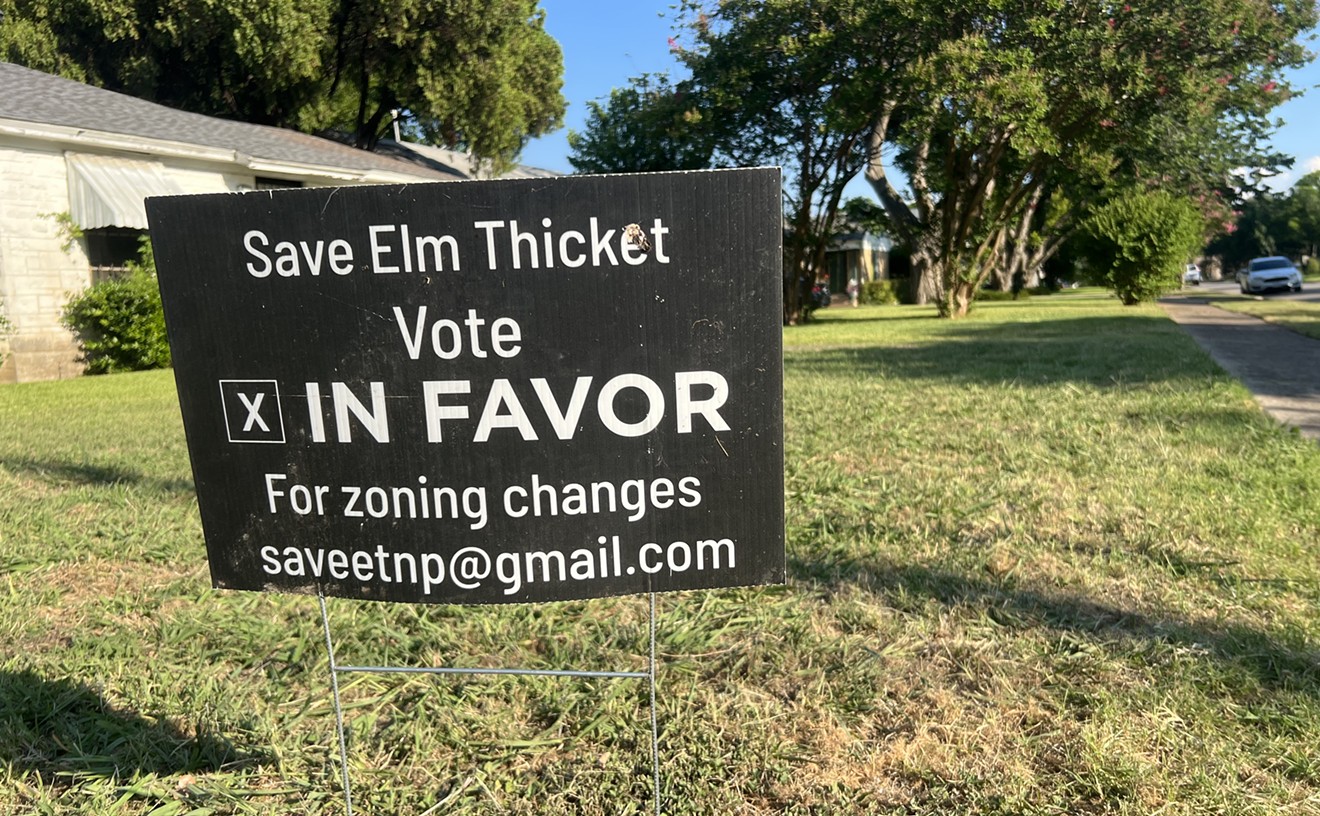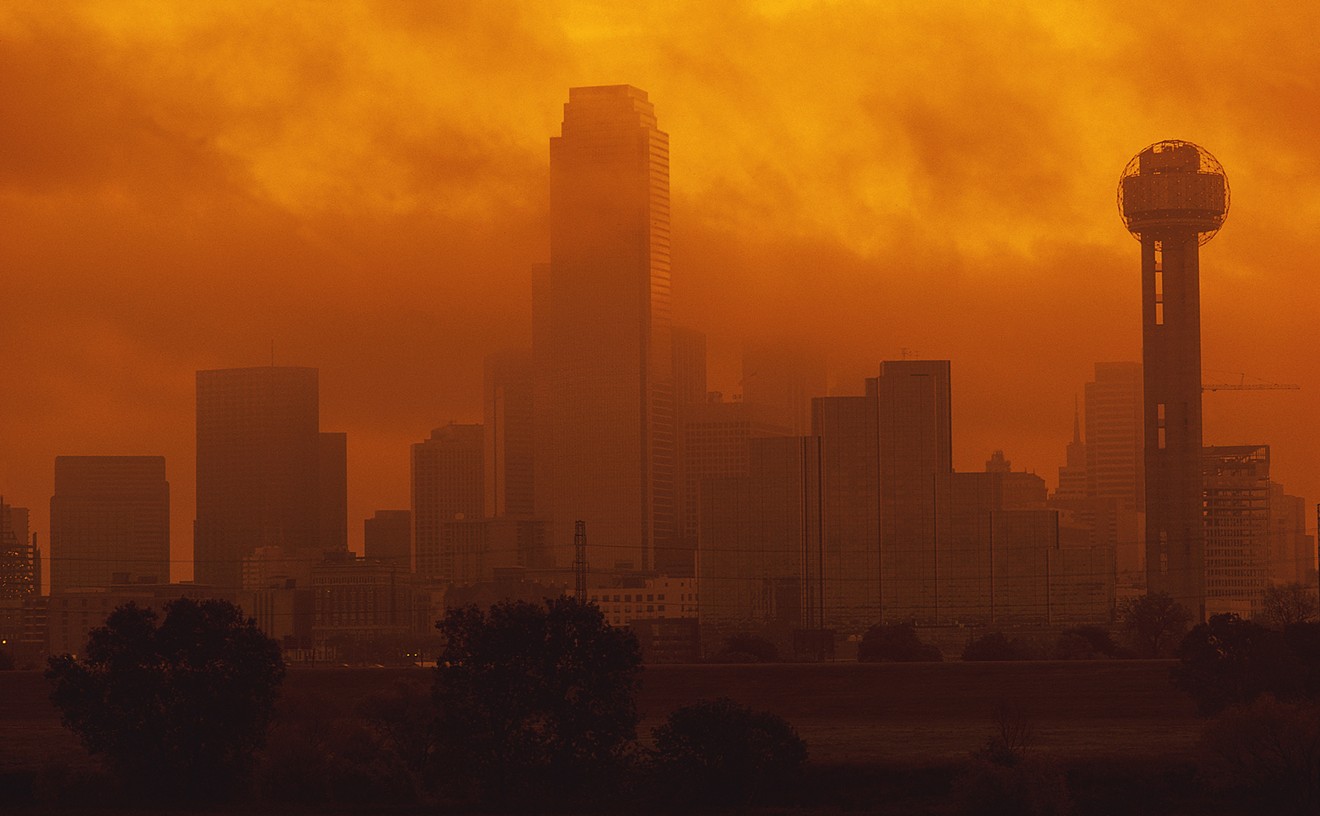Moving marijuana to Schedule III would open the door to more cannabis research and tax exemptions for people in the industry. Nico Richardson with Texas Original, one of three medical marijuana businesses licensed in the state, told us earlier this year that it all seemed up in the air. “It’s really a black box until DEA actually executes on this,” he said.
To reschedule marijuana, the federal government, more specifically the Drug Enforcement Administration and the Department of Health and Human Services, must consider several factors and solicit public input.
The agencies must look at the drug’s actual or relative potential for abuse and the scientific evidence of its pharmacological effects. The feds also have to consider the state of current scientific knowledge regarding the drug, and its history and current pattern of abuse. The scope, duration and significance of that abuse must also be taken into account, along with risks to public health. Lastly, the government has to determine marijuana’s psychic or physiological dependence liability, and whether it is an immediate precursor to a substance that is already scheduled.
Advocacy groups have requested marijuana be rescheduled repeatedly over the years, but the U.S. government wouldn’t budge. The last time rescheduling was considered was in 2016. At that time, the DEA and HHS concurred that marijuana should remain in Schedule I because it met three criteria: it had a high potential for abuse, it didn’t have an accepted medical use and there was a lack of accepted safety for marijuana use under medical supervision.“In broad strokes, it means that rescheduling is already functionally dead as a matter of policy.” – Deb Tharp, NuggMD
tweet this
However, in 2023, HHS changed its tune after conducting a scientific and medical evaluation of marijuana and recommended it be moved to Schedule III. This came after a request from President Joe Biden in 2022 to review marijuana’s scheduling. The DEA has not yet determined its views on the appropriate schedule for the drug. Perhaps the public's comments can change the agency’s mind.
But some fear that all these public comments and the move to reschedule may be for naught. Deb Tharp, head of legal and policy research at NuggMD, the largest telehealth platform for cannabis, wrote in an op-ed for the publication Marijuana Moment that the U.S. Supreme Court recently nuked cannabis’ chances of being rescheduled. It did so with the overturning of the Chevron doctrine, which has required courts to defer to administrative agencies when the legislative intent behind a law is ambiguous.
“It is tough to overstate how much chaos this ruling will create for cannabis operators,” Tharp wrote. “In broad strokes, it means that rescheduling is already functionally dead as a matter of policy.”
Tharp wrote that this rescheduling has been moving forward as a regulatory change instead of a legislative one. And now, in a post-Chevron doctrine world, regulations do not hold the same weight they once did. This could discourage consumer protections that cannabis operators say they want. Prohibitionists will use the lax safety standards in their campaign against rescheduling marijuana, Tharp wrote, and they’ll now be able to use the courts to stop or stall it.
Even if Tharp is wrong and rescheduling happens at the federal level, there’s no guarantee that it’ll happen in Texas because the state can just choose to keep marijuana in Schedule I if it wants to.
There's another threat to this effort right now: a GOP-led House committee that recently approved a large-scale spending bill that would block the DOJ from rescheduling marijuana. According to Marijuana Moment, if the bill passes, the DOJ would be barred from using funds to reschedule the drug. The proposed law still needs to make it through the Senate.
The department is accepting public comments to be submitted electronically or through the mail. These comments must be submitted or postmarked by July 22, when the public comment period closes. People can also request that the DOJ hold a public hearing on the rescheduling.













